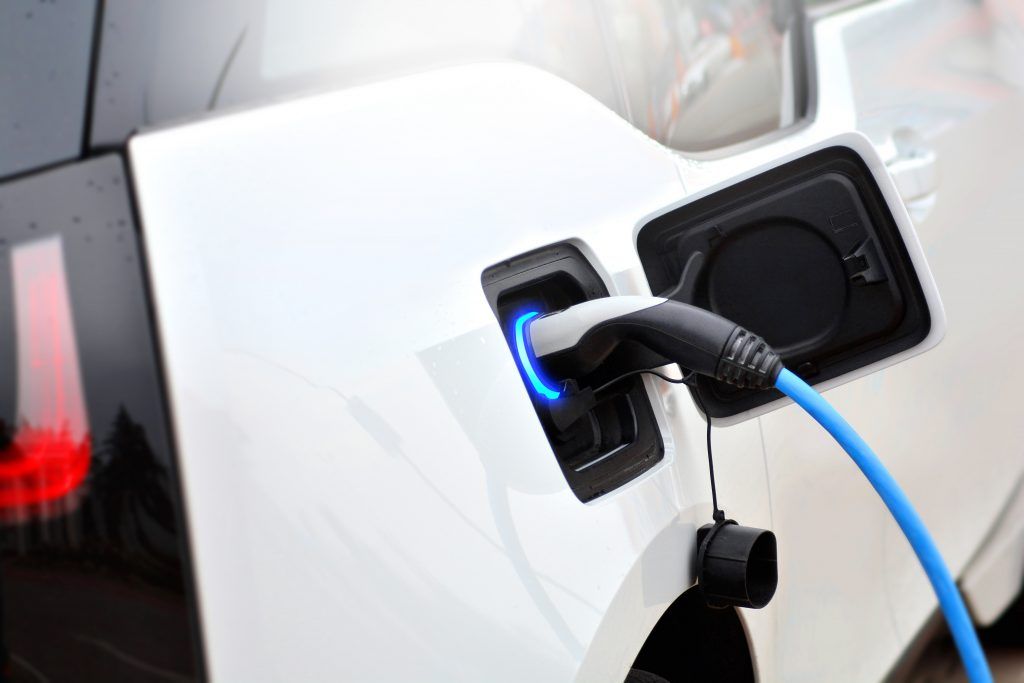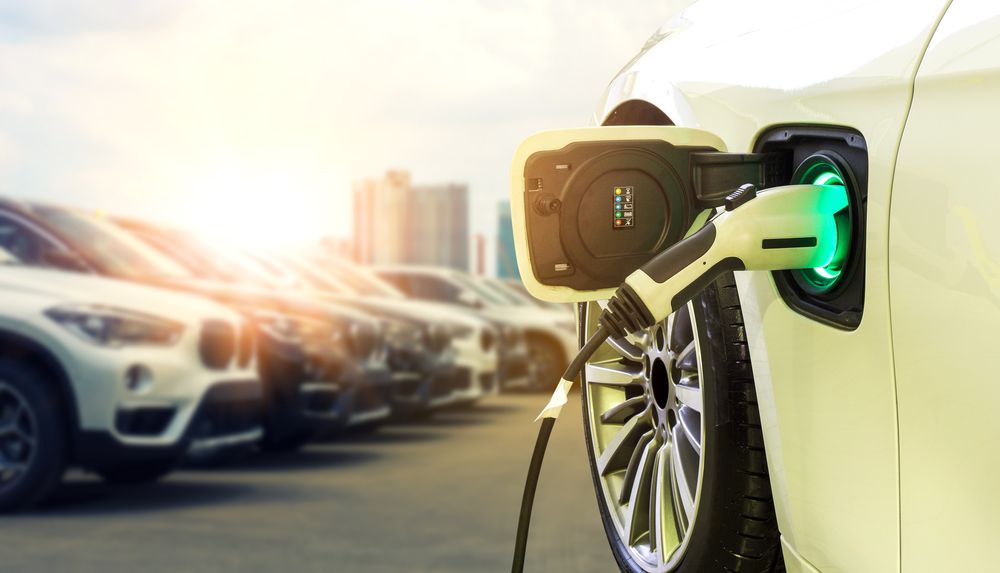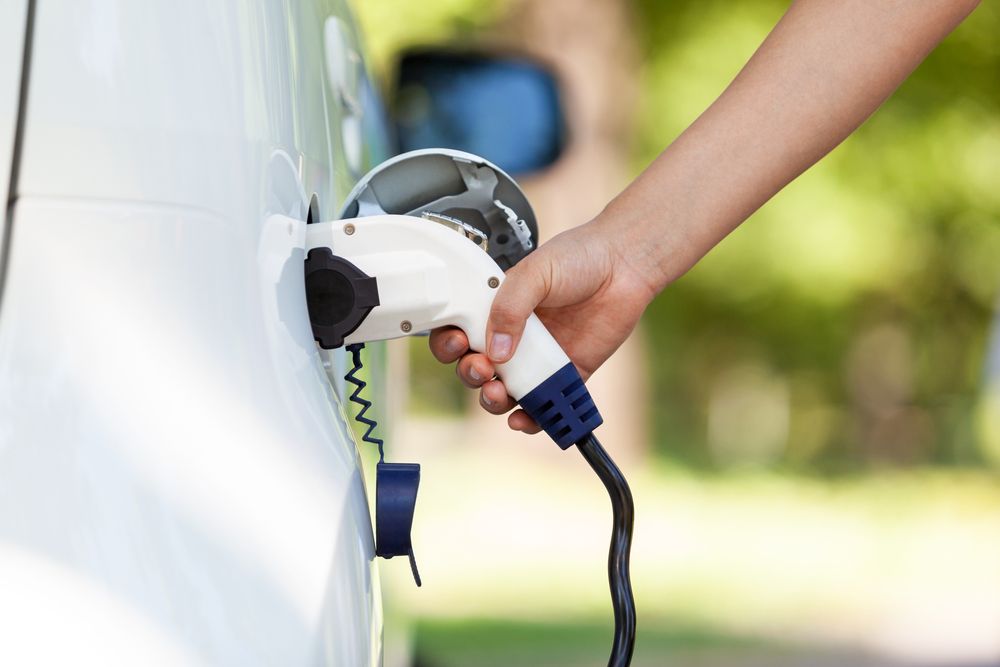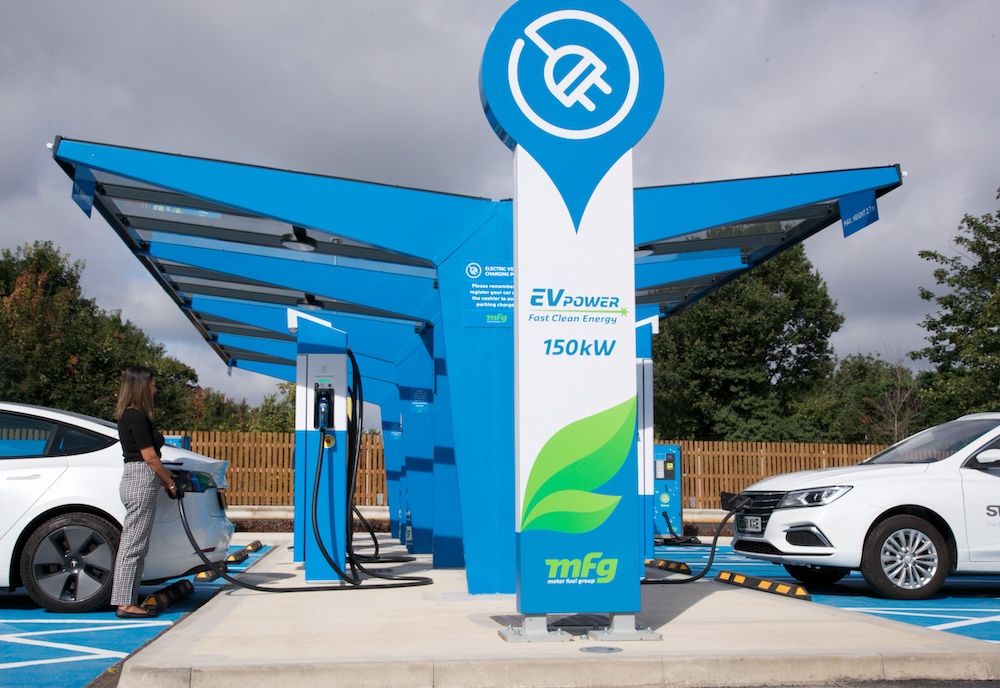The European Union (EU) will end sales of new combustion engine cars and vans by 2035 after negotiators on behalf of European governments and MEPs reached an agreement.
Green group Transport & Environment (T&E) has welcomed the deal, with Julia Poliscanova, Senior Director for vehicles and emobility commenting: “The days of the carbon spewing, pollution belching combustion engine are finally numbered. It’s 125 years since Rudolf Diesel revolutionised engine efficiency, but lawmakers have decided the next chapter will be written by the cleaner, better electric vehicle. For the planet and human health, that can’t come fast enough.”
Under the agreement, car makers will be required to reduce emissions of new cars sold by 55%% in 2030, compared to 2021, before reaching a 100% CO2 cut five years later. T&E said the 2025 and 2030 targets are too weak to significantly drive down emissions in this decade and called on lawmakers to improve taxation and charging policies to spur the take-up of zero-emissions cars. Subsidised leasing schemes, like the one promised by the French government, will also be needed to make electric cars more accessible. Cars and vans are responsible for 16% of all greenhouse gas emissions in Europe.
T&E said a robust EU industrial strategy – including local content requirements for electric vehicles and batteries – is necessary to ensure European car makers keep up in the global race to lead on this green technology. Chinese EV makers, which have benefited from years of subsidies and state-backed finance for their supply chains, are fast gaining market share in the EU. In the US, the Inflation Reduction Act is placing European manufacturers at a steep disadvantage to their American rivals.
Julia Poliscanova added: “Foreign carmakers are eating the Europeans’ lunch. The EU badly needs a joined-up strategy for its auto industry that speeds up electrification and future-proofs European jobs. Global competition is needed for scale and innovation, but manufacturers should be making more EVs and batteries in Europe. On the demand side, Europe needs a seamless charging network and policies to help middle and lower-income families drive electric cars too.”
Lawmakers also agreed to ask the Commission to find a role for e-fuels in vehicles that are outside the scope of the regulation, though this is non-binding. The agreement now goes to EU Environment Ministers and the European Parliament for final ratification before it becomes law.
Image courtesy of Shutterstock.














